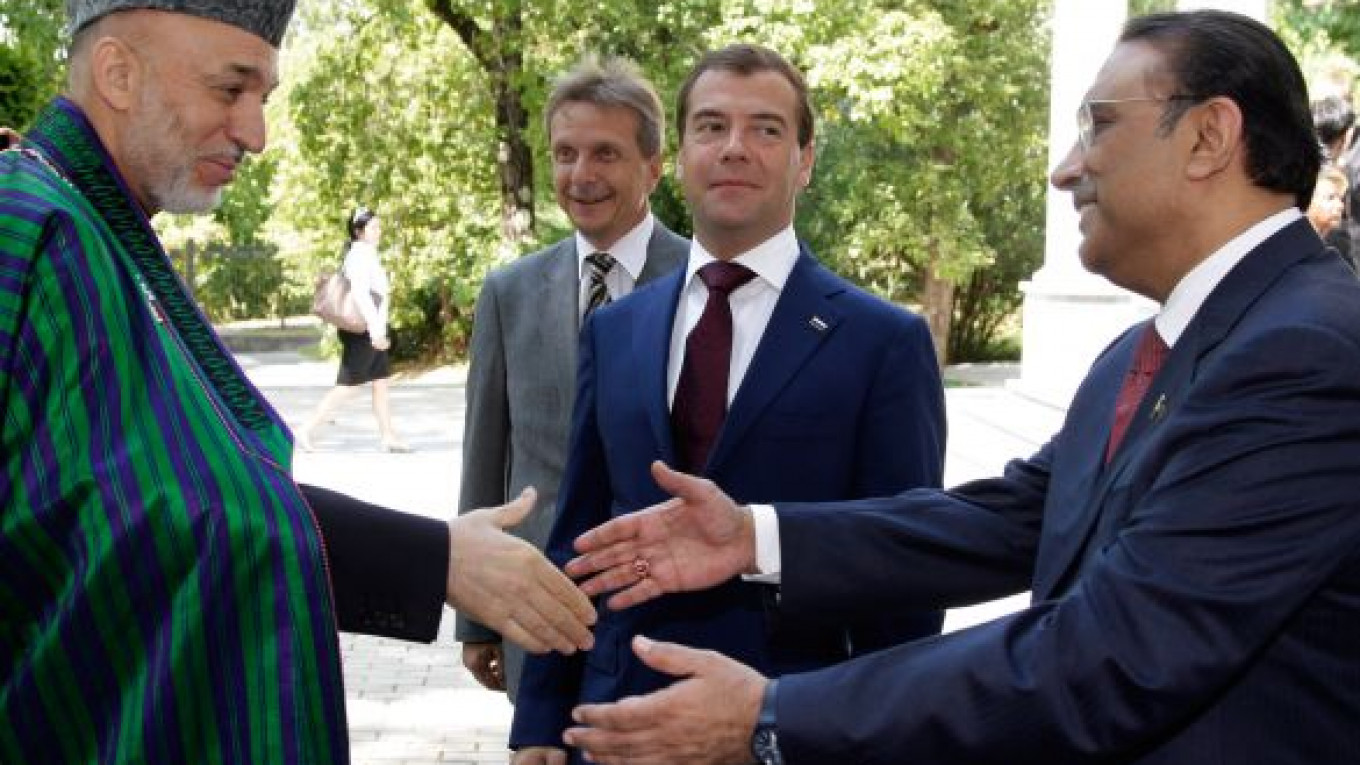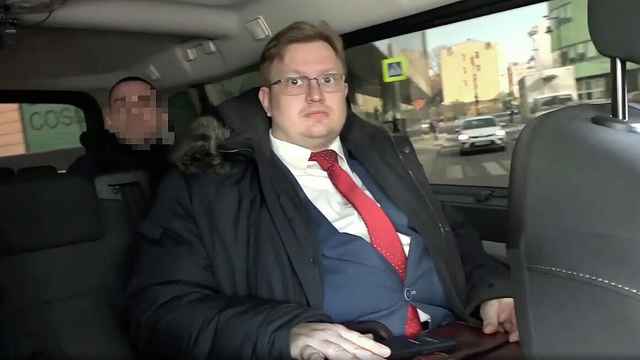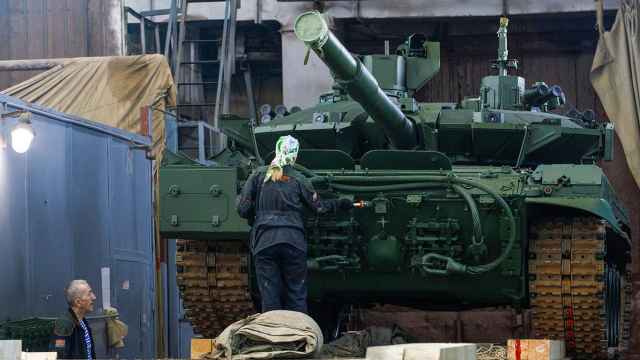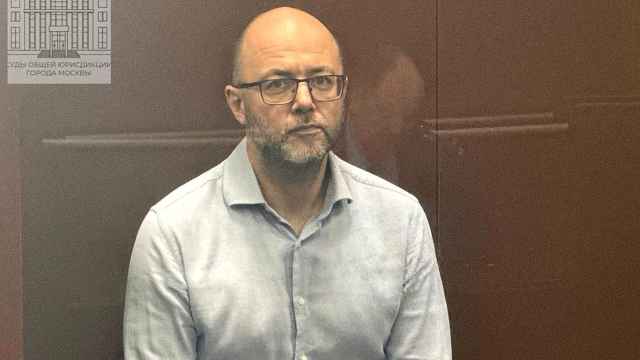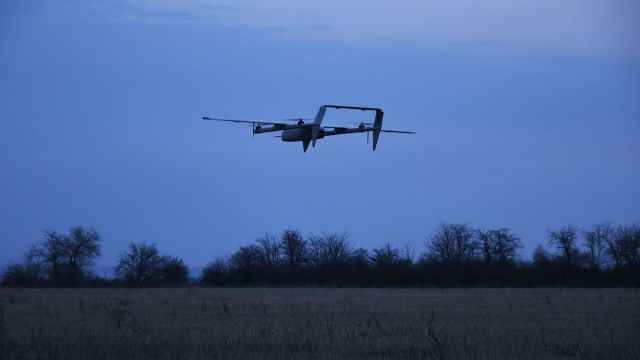President Dmitry Medvedev on Wednesday offered Pakistan support in dealing with catastrophic floods as he hosted the leaders of Afghanistan, Pakistan and Tajikistan for talks on efforts to stabilize the region.
Medvedev began his meeting with Pakistani President Asif Ali Zardari in the Black Sea resort of Sochi by expressing condolences over the floods that have killed about 1,500 and affected some 20 million people — or one Pakistani in nine.
"We are mourning together with you, and we are ready to provide all the necessary assistance," Medvedev said.
An Emergency Situations Ministry plane delivered relief supplies to Pakistan on Tuesday, and another such flight will be conducted Thursday.
The four-way talks at Medvedev's seaside residence focused on fighting terrorism and drugs spreading from Afghanistan. Medvedev also spoke about Russia's desire for closer economic ties with Afghanistan and Pakistan.
Medvedev has previously held similar talks, seeking to strengthen Russia's clout in the volatile region.
Before the joint meeting, he held separate bilateral talks with Zardari, Afghan President Hamid Karzai and Tajik leader Emomali Rakhmon.
"Russia fully supports Afghan efforts to restore civil peace in the country," Medvedev said in televised remarks at the start of the meeting. "We support the Afghan government's fight against terror and are ready to provide support for that."
NATO has urged Russia to provide helicopters and training for the Afghan air force and to train more local police. Moscow has said it is willing to help — fearing that a return to power by Taliban extremists would destabilize ex-Soviet Central Asia and threaten Russia's security — but not for free, and suggested that NATO pay the costs.
Foreign Minister Sergei Lavrov told reporters Wednesday that Russia was negotiating the sale of about 20 helicopters to Afghanistan and expects NATO to foot the bill. He did not say how much the deal would cost.
Lavrov, who took part in the meetings, also said Moscow would soon provide a free shipment of firearms for the Afghan Interior Ministry and step up training of its personnel.
Russian officials previously said they planned to train about 200 Afghan policemen this year.
"We are ready to cooperate," Lavrov said, Itar-Tass reported. "The more efficient Afghan law enforcement agencies are in fighting drug traffickers, the better the situation in the region will be."
The Russian support for NATO- and U.S.-led operations so far has been limited to offering transit for railway shipments of nonlethal supplies and air corridors for weapons supplies, as supply routes through Pakistan have come under increased Taliban attack.
Russian officials also have strongly urged NATO and U.S. forces to do more to stem the flow of drugs from Afghanistan to Russia.
Medvedev told Karzai on Wednesday that tackling Afghan drugs requires strong international cooperation. "It's our common problem, a problem for all countries of the region, and we must take consistent and coordinated actions," he said.
Afghanistan provides more than 90 percent of the heroin consumed in the world, and the bulk of it flows through Central Asia and Russia.
The problem of drug abuse is of vital concern for Russia — where cheap, abundant Afghan heroin has helped fuel a surge in addiction rates, and intravenous drug use has been a key factor in the spread of the virus that causes AIDS.
A Message from The Moscow Times:
Dear readers,
We are facing unprecedented challenges. Russia's Prosecutor General's Office has designated The Moscow Times as an "undesirable" organization, criminalizing our work and putting our staff at risk of prosecution. This follows our earlier unjust labeling as a "foreign agent."
These actions are direct attempts to silence independent journalism in Russia. The authorities claim our work "discredits the decisions of the Russian leadership." We see things differently: we strive to provide accurate, unbiased reporting on Russia.
We, the journalists of The Moscow Times, refuse to be silenced. But to continue our work, we need your help.
Your support, no matter how small, makes a world of difference. If you can, please support us monthly starting from just $2. It's quick to set up, and every contribution makes a significant impact.
By supporting The Moscow Times, you're defending open, independent journalism in the face of repression. Thank you for standing with us.
Remind me later.


